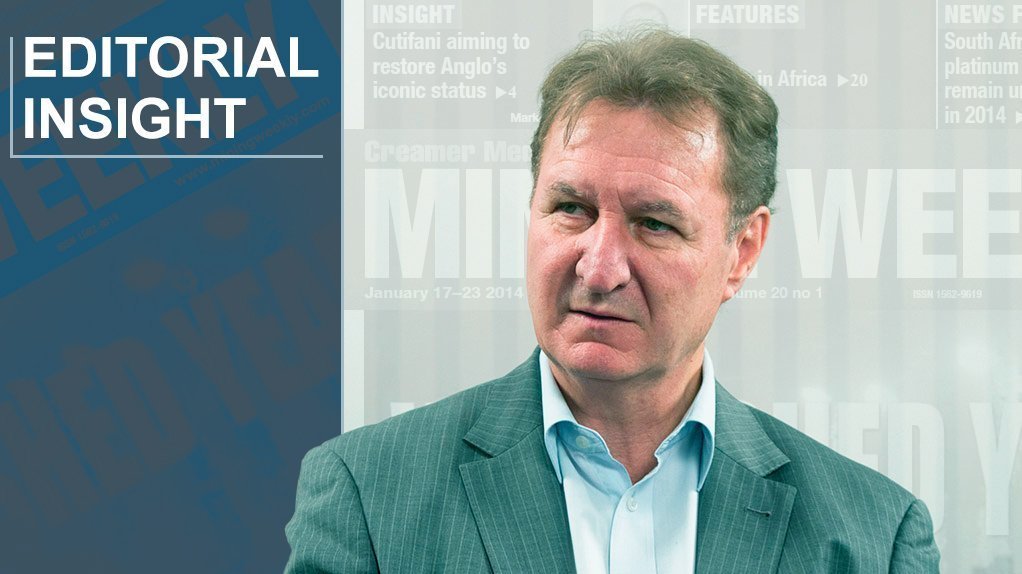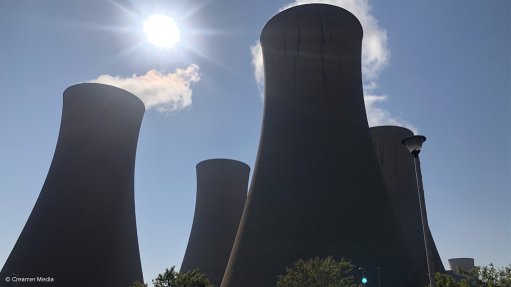South Africa needs to opt for fuel cells to power buildings, electrify rural areas, energise telecoms towers, mobilise vehicles
Nedbank CIB Market Research did well last week to bring the world to Cape Town for a conference on fuel cells. Fuel cell technology and its link to South Africa’s platinum industry should be in the sights of local industry, commerce, banking and government, as should the globally emerging hydrogen.
We should not allow ourselves to be latecomers to the emerging world of platinum-group metals (PGMs), fuel cells, hydrogen and decarbonisation; their mixing and matching has the potential to go here, there and just about everywhere with a combined push.
Minerals Council South Africa, which have a leadership position in South Africa’s mining space, has had fuel cell electricity at its headquarters for years and its many members should do the same.
Rural areas not reached by State power utility Eskom should have fuel-cell-powered minigrids and all diesel-powered telecommunications towers should move off diesel power and install fuel cells as a clean electricity-supply replacement.
In the automotive field, a company like Toyota is not only well down the track of fuel cell vehicle manufacture but would also have no problem supplying fuel cell taxi fleets.
Moreover, as the automotive industry spreads from South Africa into Africa, it should leapfrog the internal combustion engine straight into fuel cell mobility.
Nissan warned earlier this month that unregulated Africa was becoming the planet’s fastest-growing polluter, confirming that the introduction of emissions-free fuel cell vehicles is neccessary throughout the continent.
The World Bank reports that Africa’s vehicle emissions menace soared 75% between 2000 and 2016. Moreover, the bank expects close to 137-million more light vehicles in Africa by 2040 than in 2015, which Nissan Group of Africa sales and operations director Jim Dando described as being “hugely problematic” from the air pollution and health risk viewpoints.
Mining Weekly’s message to Dando is that Nissan and all other vehicle manufacturers should solve the problem from the outset by introducing locally assembled fuel cell vehicles in Africa. They should also ensure that they use Africa’s PGMs, copper, iron-ore, vanadium, manganese and other metals and minerals.
Virtually every country in Africa has made it plain that companies are not going to get away with bypassing African manufacture, as they did in the colonial days. Local assembly in Africa, local manufacture of components and bringing an end to the large influx of second-hand vehicles and poor fuel quality must be the order of the day.
Stop polluting our continent with dumped vehicles and dirty fuel.
The indigenous solution to all this is the widespread use of Africa’s sun and wind power to produce clean electricity and the use of this clean electricity to produce hydrogen with the help of indigenous PGMs that catalyse the decarbonisation that the world is crying out for, through the introduction of hydrogen-using fuel cells – one of the most significant answers to the global climate crisis.
Article Enquiry
Email Article
Save Article
Feedback
To advertise email advertising@creamermedia.co.za or click here
Press Office
Announcements
What's On
Subscribe to improve your user experience...
Option 1 (equivalent of R125 a month):
Receive a weekly copy of Creamer Media's Engineering News & Mining Weekly magazine
(print copy for those in South Africa and e-magazine for those outside of South Africa)
Receive daily email newsletters
Access to full search results
Access archive of magazine back copies
Access to Projects in Progress
Access to ONE Research Report of your choice in PDF format
Option 2 (equivalent of R375 a month):
All benefits from Option 1
PLUS
Access to Creamer Media's Research Channel Africa for ALL Research Reports, in PDF format, on various industrial and mining sectors
including Electricity; Water; Energy Transition; Hydrogen; Roads, Rail and Ports; Coal; Gold; Platinum; Battery Metals; etc.
Already a subscriber?
Forgotten your password?
Receive weekly copy of Creamer Media's Engineering News & Mining Weekly magazine (print copy for those in South Africa and e-magazine for those outside of South Africa)
➕
Recieve daily email newsletters
➕
Access to full search results
➕
Access archive of magazine back copies
➕
Access to Projects in Progress
➕
Access to ONE Research Report of your choice in PDF format
RESEARCH CHANNEL AFRICA
R4500 (equivalent of R375 a month)
SUBSCRIBEAll benefits from Option 1
➕
Access to Creamer Media's Research Channel Africa for ALL Research Reports on various industrial and mining sectors, in PDF format, including on:
Electricity
➕
Water
➕
Energy Transition
➕
Hydrogen
➕
Roads, Rail and Ports
➕
Coal
➕
Gold
➕
Platinum
➕
Battery Metals
➕
etc.
Receive all benefits from Option 1 or Option 2 delivered to numerous people at your company
➕
Multiple User names and Passwords for simultaneous log-ins
➕
Intranet integration access to all in your organisation





















